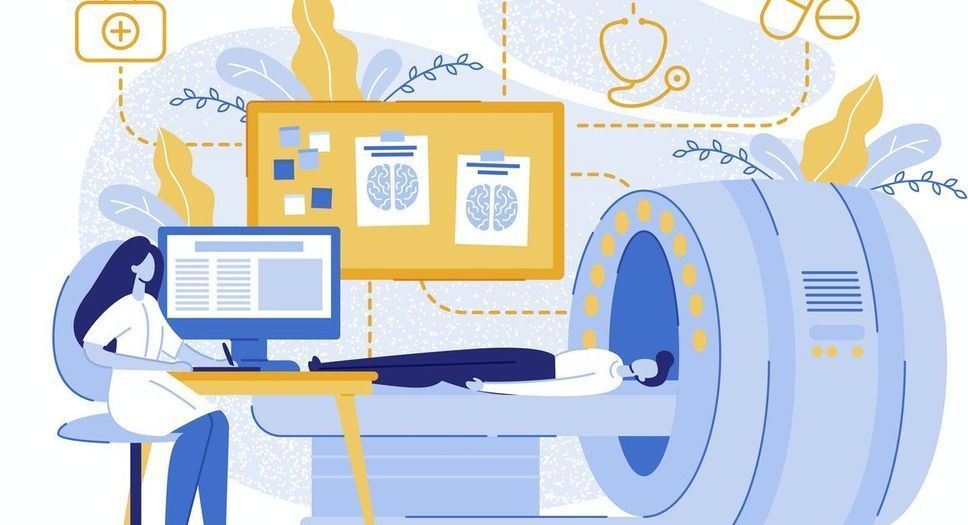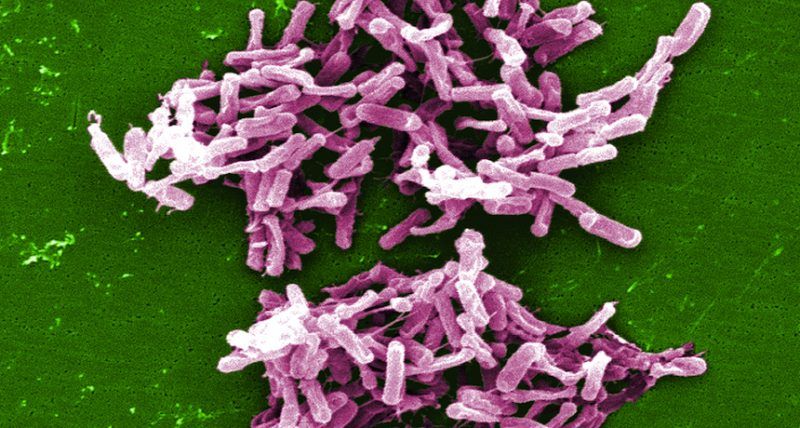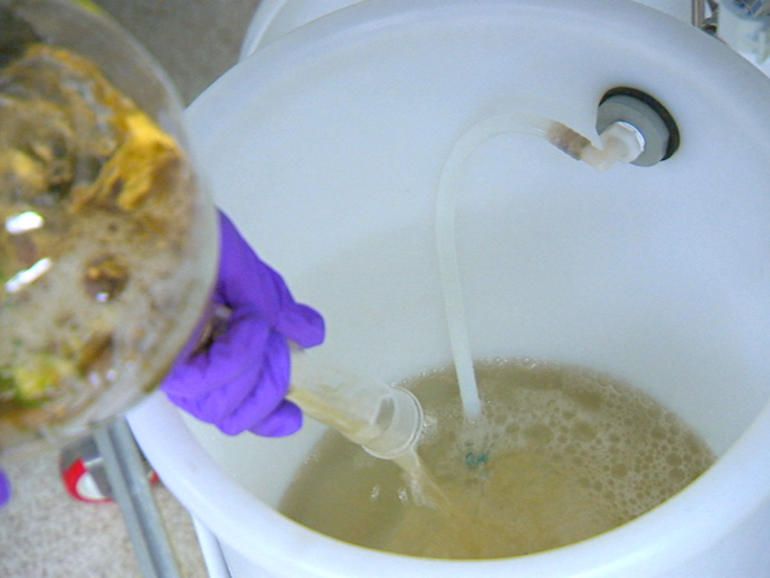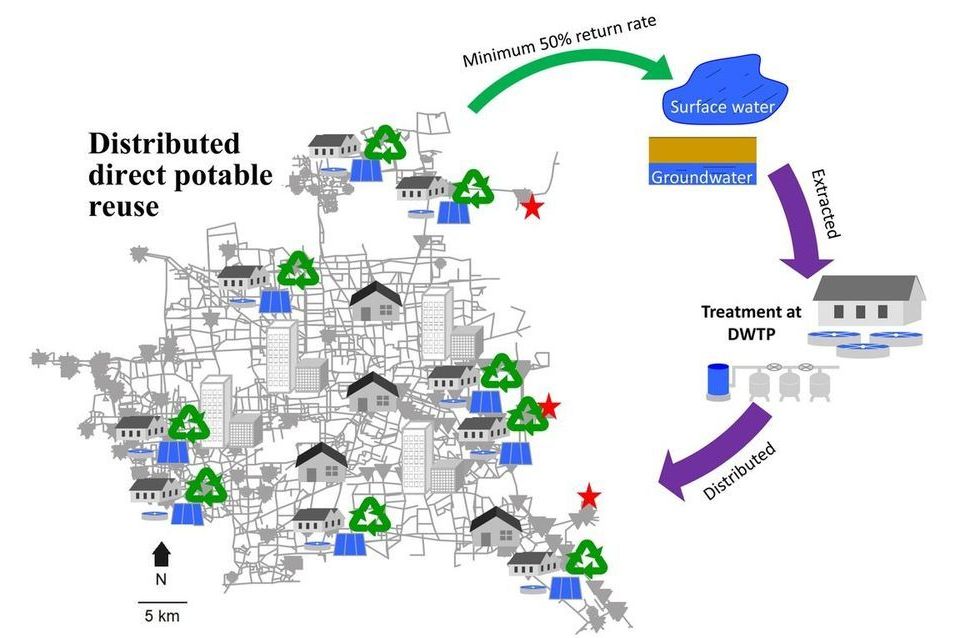Researchers have demonstrated a proof-of-concept design for a quantum radar that uses entangled photon pairs to detect objects.



Magnesium dimer (Mg2) is a fragile molecule consisting of two weakly interacting atoms held together by the laws of quantum mechanics. It has recently emerged as a potential probe for understanding fundamental phenomena at the intersection of chemistry and ultracold physics, but its use has been thwarted by a half-century-old enigma—five high-lying vibrational states that hold the key to understanding how the magnesium atoms interact but have eluded detection for 50 years.
The lowest fourteen Mg2 vibrational states were discovered in the 1970s, but both early and recent experiments should have observed a total of nineteen states. Like a quantum cold case, experimental efforts to find the last five failed, and Mg2 was almost forgotten. Until now.
Piotr Piecuch, Michigan State University Distinguished Professor and MSU Foundation Professor of chemistry, along with College of Natural Science Department of Chemistry graduate students Stephen H. Yuwono and Ilias Magoulas, developed new, computationally derived evidence that not only made a quantum leap in first-principles quantum chemistry, but finally solved the 50-year-old Mg2 mystery.

In an area stretching from Africa to South America, Earth’s magnetic field is gradually weakening. This strange behaviour has geophysicists puzzled and is causing technical disturbances in satellites orbiting Earth. Scientists are using data from ESA’s Swarm constellation to improve our understanding of this area known as the ‘South Atlantic Anomaly.’
Earth’s magnetic field is vital to life on our planet. It is a complex and dynamic force that protects us from cosmic radiation and charged particles from the Sun. The magnetic field is largely generated by an ocean of superheated, swirling liquid iron that makes up the outer core around 3000 km beneath our feet. Acting as a spinning conductor in a bicycle dynamo, it creates electrical currents, which in turn, generate our continuously changing electromagnetic field.
This field is far from static and varies both in strength and direction. For example, recent studies have shown that the position of the north magnetic pole is changing rapidly.


As a life support engineer at NASA Ames Research Center, it’s Michael Flynn’s job to keep astronauts alive in space, making sure they have the basic necessities like clean water to survive. But launching clean water into space is cost-prohibitive, so for years, Flynn and his team have been working on new ways to recycle waste water into safe, drinking water. SmartPlanet visits Flynn’s lab and looks at how he’s doing it through a process known as “forward osmosis.”
This post was originally published on Smartplanet.com

Using Houston as a model, researchers at Rice’s Brown School of Engineering have developed a plan that could reduce the need for surface water (from rivers, reservoirs or wells) by 28% by recycling wastewater to make it drinkable once again.
While the cost of energy needed for future advanced purification systems would be significant, they say the savings realized by supplementing fresh water shipped from a distance with the “direct potable reuse” of municipal wastewater would more than make up for the expense.
And the water would be better to boot.
Hundreds of people attended demonstration, many of them not wearing masks.

“The U.S. Bureau of Justice Statistics reports that two-thirds of released prisoners are rearrested for at least one serious new crime, and more than half are re-incarcerated within three years of release.”
The announcement last summer that the number of Americans behind bars had increased for the 37th consecutive year in 2009 provoked a fresh round of grim editorializing and national soul-searching. With its prisons and jails now holding more than 2.4 million inmates — roughly one in every 100 adults — the United States has the highest incarceration rate of any free nation. As a proportion of its population, the United States incarcerates five times more people than Britain, nine times more than Germany, and 12 times more than Japan. “No other rich country is nearly as punitive as the Land of the Free,” The Economist has declared.
But a highly significant fact went largely unremarked amid the hubbub: The population of the nation’s state prisons, which house all but a relative handful of convicted felons, decreased by nearly 3,000. Although the drop was slight in percentage terms, it was the first since 1972. (State prisons held 1.4 million inmates at the end of 2009 and federal prisons more than 200,000, while the number held in local jails, mostly for minor crimes, averaged about 770,000 over the course of the year, and the majority had yet to face trial.) In California, which has the nation’s largest state prison system, with nearly 170,000 men and women behind bars, the prison population fell for the first time in 38 years. The national prison population — including those held in federal facilities — grew by less than one percent, the slowest rate in the last decade.